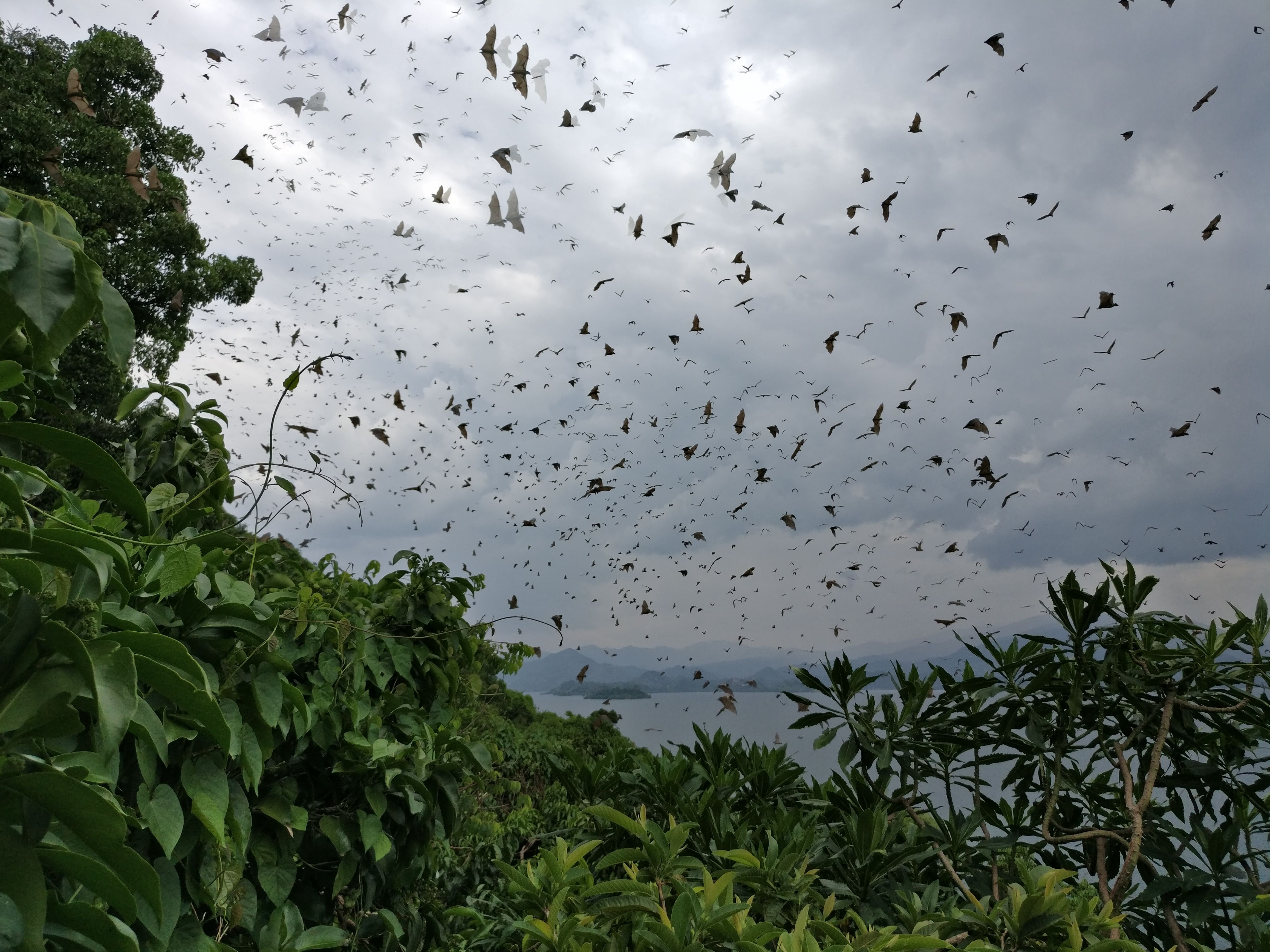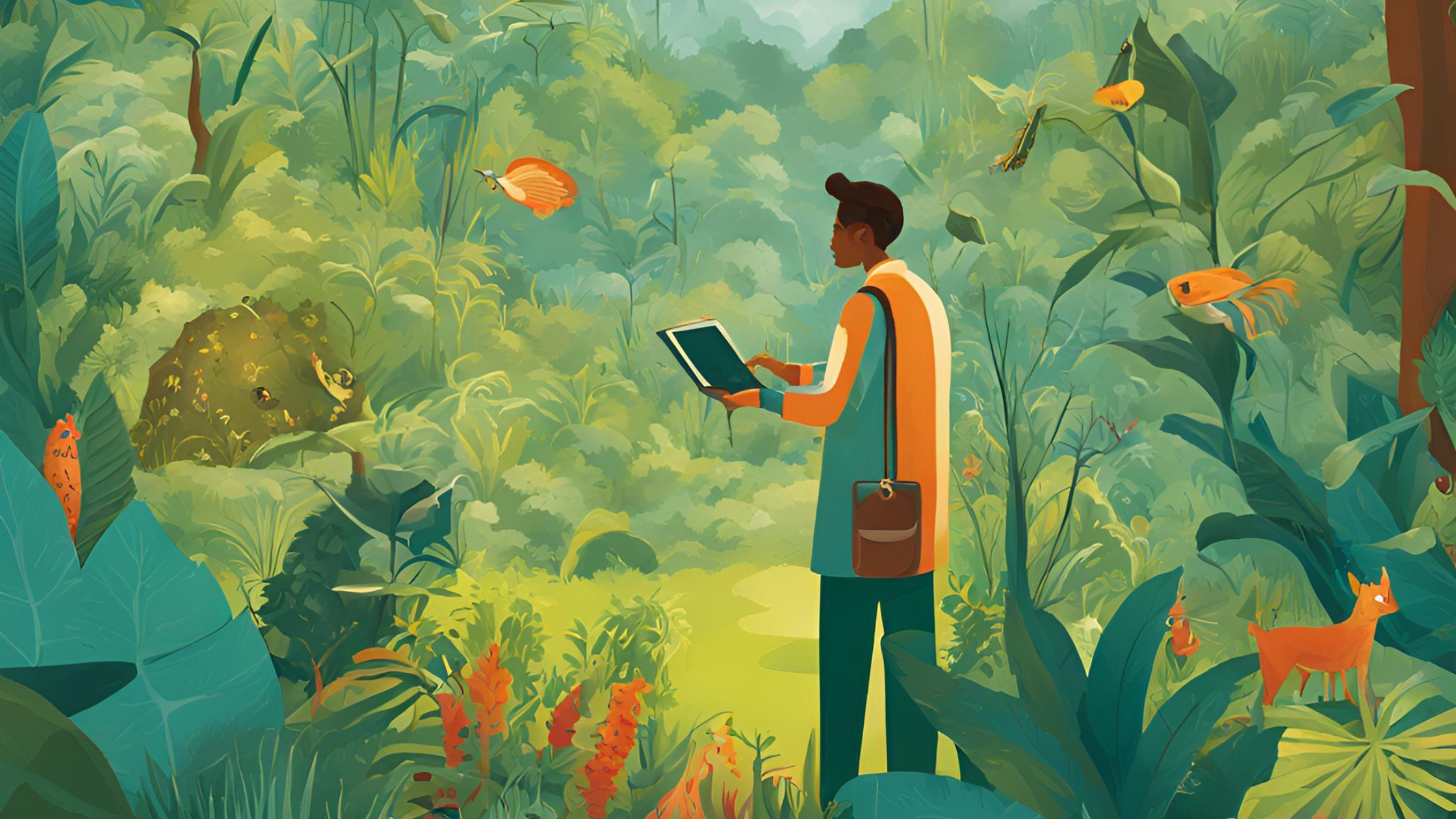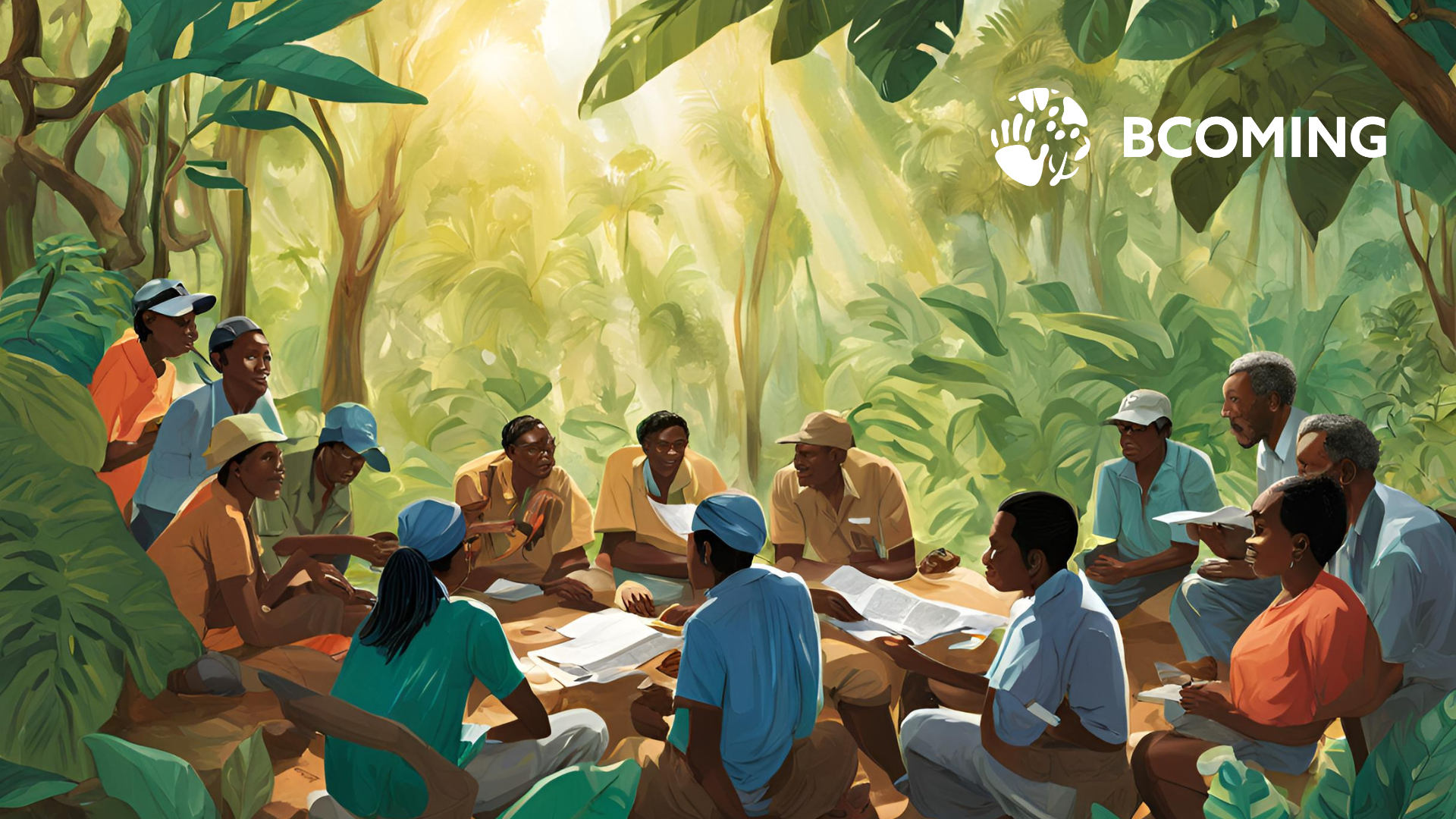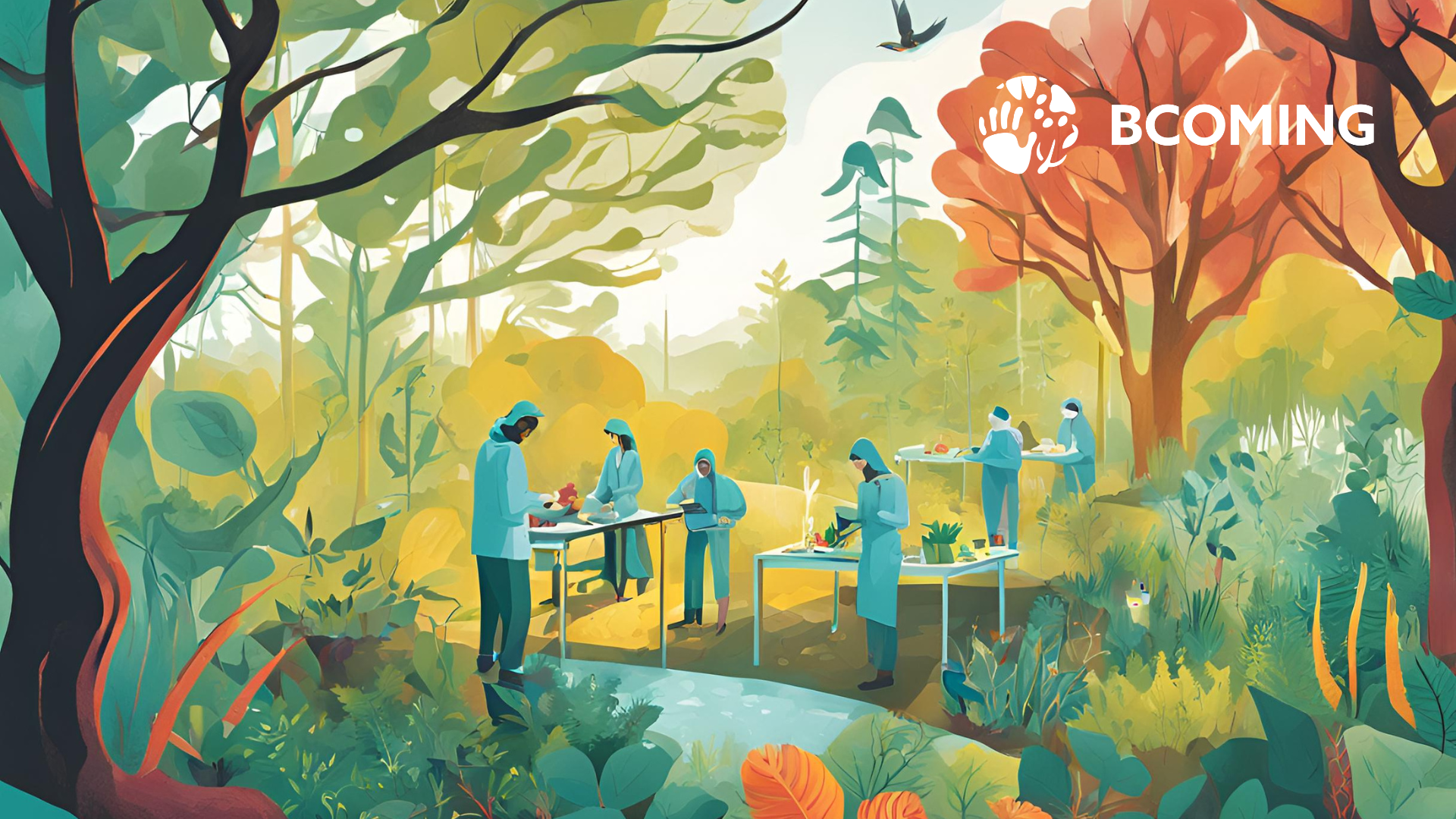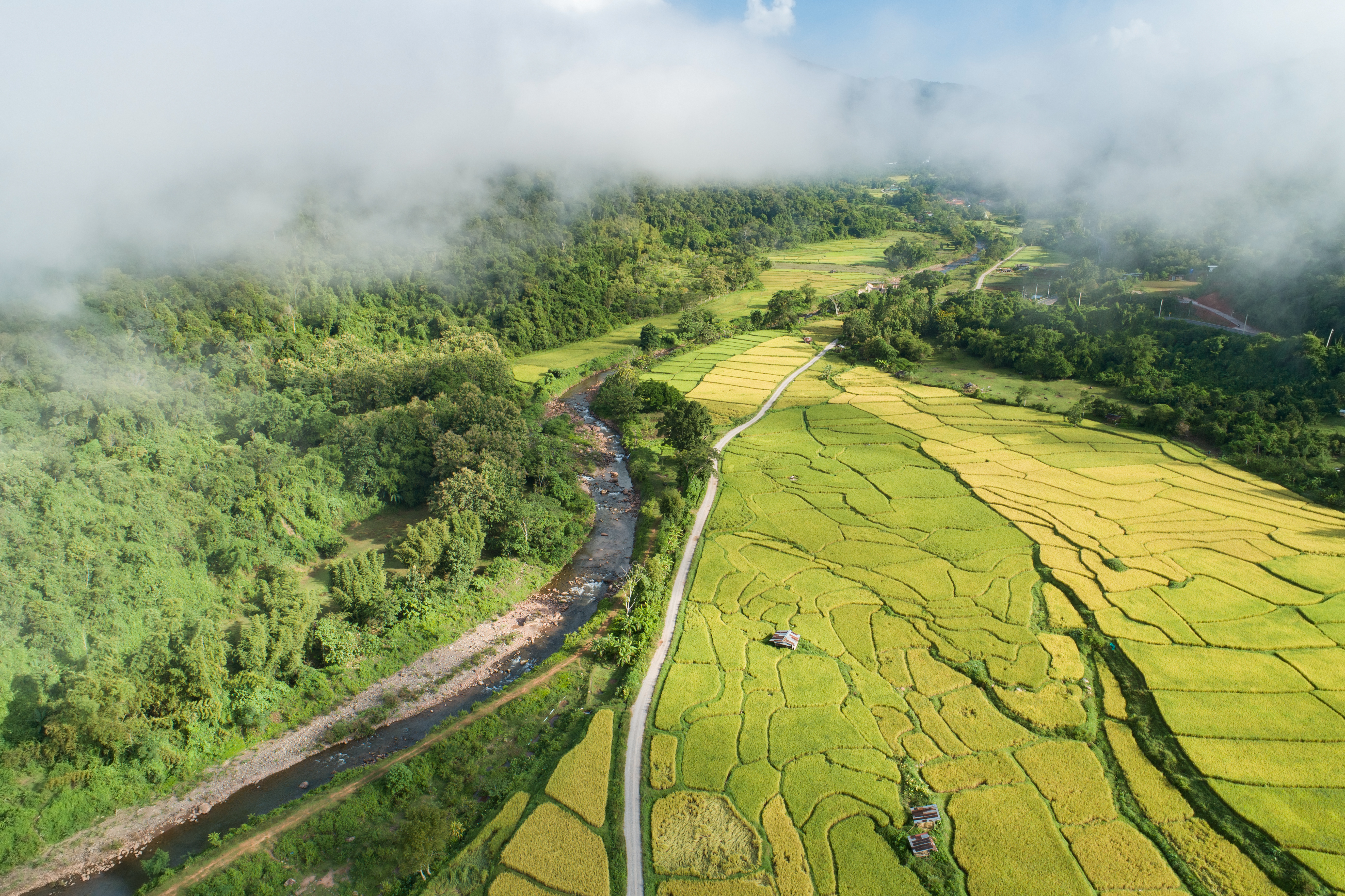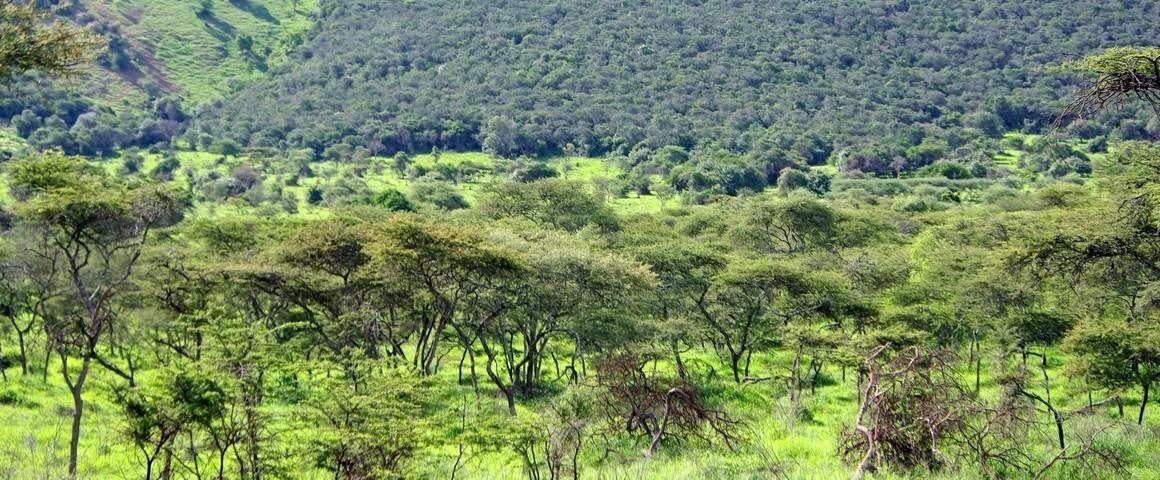Strengthening Disease Surveillance in Guinea: Insights from Dr. Djiba KABA
In Guinea, a country with rich biodiversity and frequent human-wildlife interactions, understanding zoonotic disease emergence is crucial for pandemic preparedness. BCOMING has been actively involved in disease surveillance, and Dr. Djiba KABA from the Centre de Recherche et de Formation en Infectiologie de Guinée (CERFIG) has played a crucial role in coordinating these efforts. In this interview, he shares insights into fieldwork, community engagement, and scientific advancements in zoonotic disease research.

